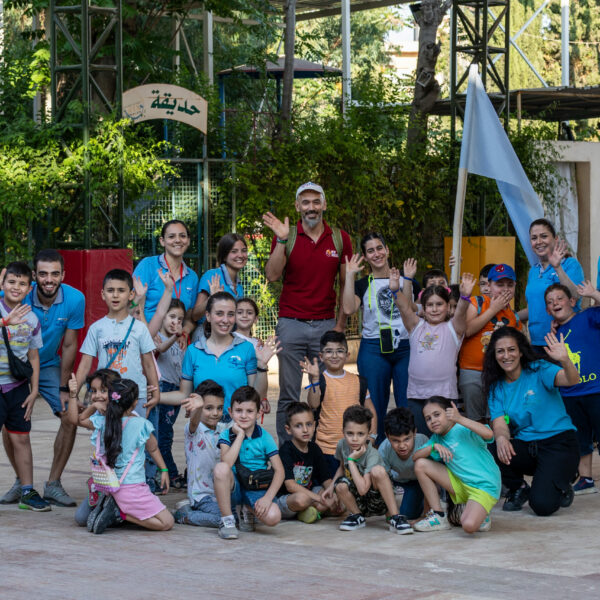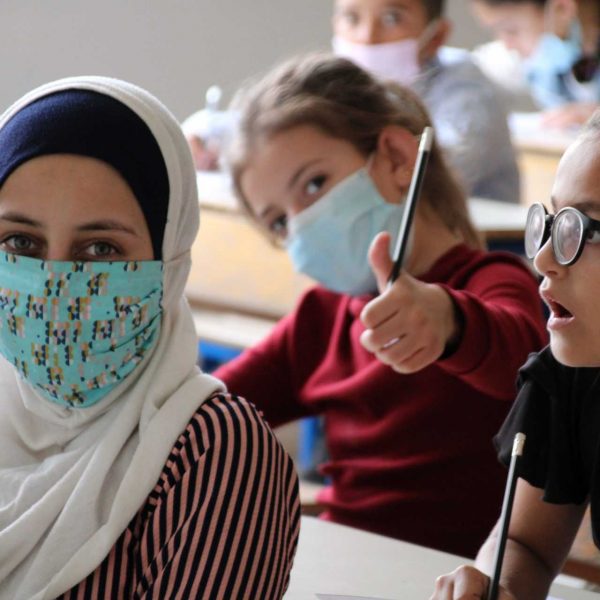“I want to work in the fashion industry” Mary Mulusa is 16 years old and since 2 months she has been attending the sewing and tailoring course at the St. Paul school near Kabwe, Zambia. Like so many girls in Zambia, Mary did not finish secondary school. Transition rates from primary to secondary school in the country continue to remain low, due to lack of places to accommodate all students, high costs of education, and long distances to travel to many schools. Add to these already insurmountable obstacles, girls often face the challenges of child marriage and teenage pregnancies.
The sewing and tailoring course is in a class inside the St. Paul secondary school near Kabwe, Zambia. It is a free of charge course for all boys and girls who have dropped out of school and are looking for a second chance. The classroom was set up with 12 electric sewing machines and two trainers who alternate during the tailoring courses that are held in the afternoon. The initiative is supported by funds from the New Horizons Project, funded by Misean Cara, within the ‘Income Generating Activities’ (IGA).’ The purpose of IGAs is to engage schools in activities that can generate income to be reinvested in scholarships for children in need or other social projects. In the framework of New Horizons, a total of 16 IGAs are underway in 21 schools in Zambia and 4 other countries in the region (Zimbabwe, Mozambique, Angola and Malawi) ranging from school gardens, chicken farming or other small entrepreneurial activities.
Income generation activities “can be profitable ventures that schools could tap into to raise extra funds for financing educational programmes” (“An Evaluation of Income Generating Projects in Public Secondary Schools”, Hezron Nyagaka Nyamwega, International Journal of African and Asian Studies). Furthermore, some of the initiatives are important learning opportunities for students: when children are directly involved the IGA can contribute significantly to increasing their ability to make decisions and achieve personal goals centered on the well-being of the community.
“I want to become a tailor, it’s my future,” says Brian Mashilipa, 16. “In the classroom with me there are other boys; numerically we are less than the girls but we are not less skilled!” The school is in fact open to everyone, boys and girls as long as they are older than 14.
“We initiated this project driven by the great need to give an alternative to these children who have often dropped out of school.” tells Reuben Banda, director of St. Paul’s School. Among other activities, the students of the sewing and tailoring course make school uniforms that they then sell to St. Paul’s school. “The school saves something on school uniforms, and the children make their activity sustainable with positive effects of an economic and social nature. Not only does it seem to work but above all the boys are learning a job: this is the best way to give them a concrete chance to break the cycle of poverty”.




